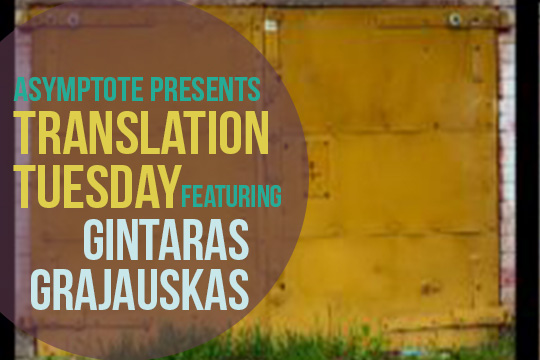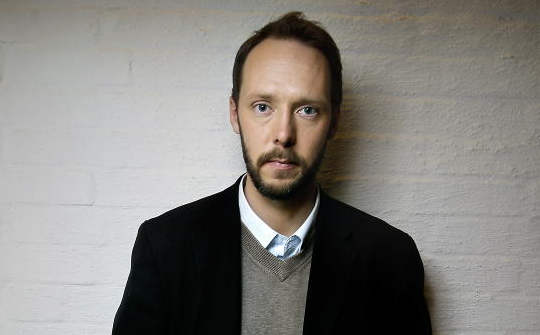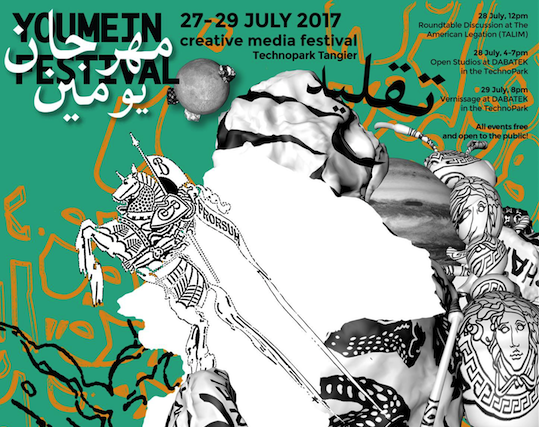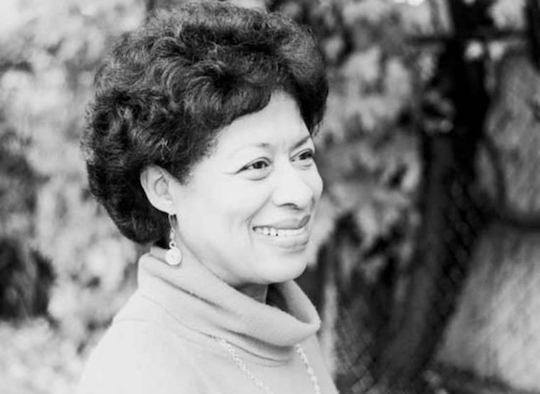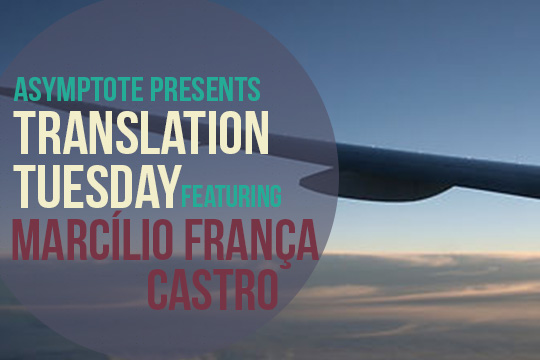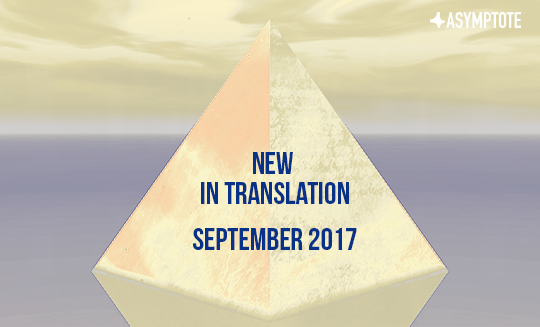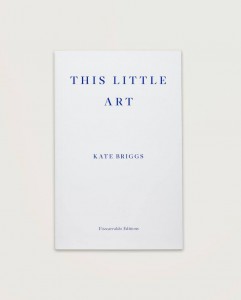This week’s poem from renowned Lithuanian poet Gintaras Grajauskas stages a humorous and absurd scenario that hinges on the paradoxical phrase “it’s pointless to resist,” when in fact both sides are resisting each other. Indeed, in these dark and uncertain times, “resistance” is a word on many people’s lips, but Grajauskas knows that to take matters too seriously is self-defeating—after all, humor and satire is a form of resistance itself. In the end, however, what side we align ourselves can often remain a mystery, and all we’re left to do is build up our defences. We’re thrilled to present this translation in English from Rimas Uzgiris, who is the translator of Grajauskas’s book, Then What, forthcoming from Bloodaxe Books in 2018.
Untitled
i’m building a barricade
around myself
pushing the armoire and bed together,
knocking down the refrigerator
they send a negotiator:
a pizza delivery man
it’s pointless to resist, he says
it’s pointless to resist, i reply
he exits like a victor,
leaving me crabmeat pizza
the postman comes, saying:
this is a registered letter, sign here
i sign, we both smile –
it’s pointless to resist, says the letter
i don’t argue, but politely agree:
there isn’t the slightest hope
then comes the mormon:
do you know god’s plan, he asks
i know, it’s pointless to resist, i say,
and the mormon murmurs down the stairs
so i improve the barricade: sealing cracks
with old newsprint and chewing gum
the doorbell rings and rings
the pizza delivery man, postman
and mormon are at the door
what more, i ask
you were right, they say, it’s pointless
to resist, and there isn’t the slightest hope
which is why we’re on the same side
of the barricade
Translated from the Lithuanian by Rimas Uzgiris

